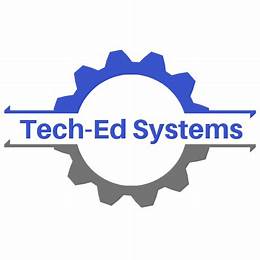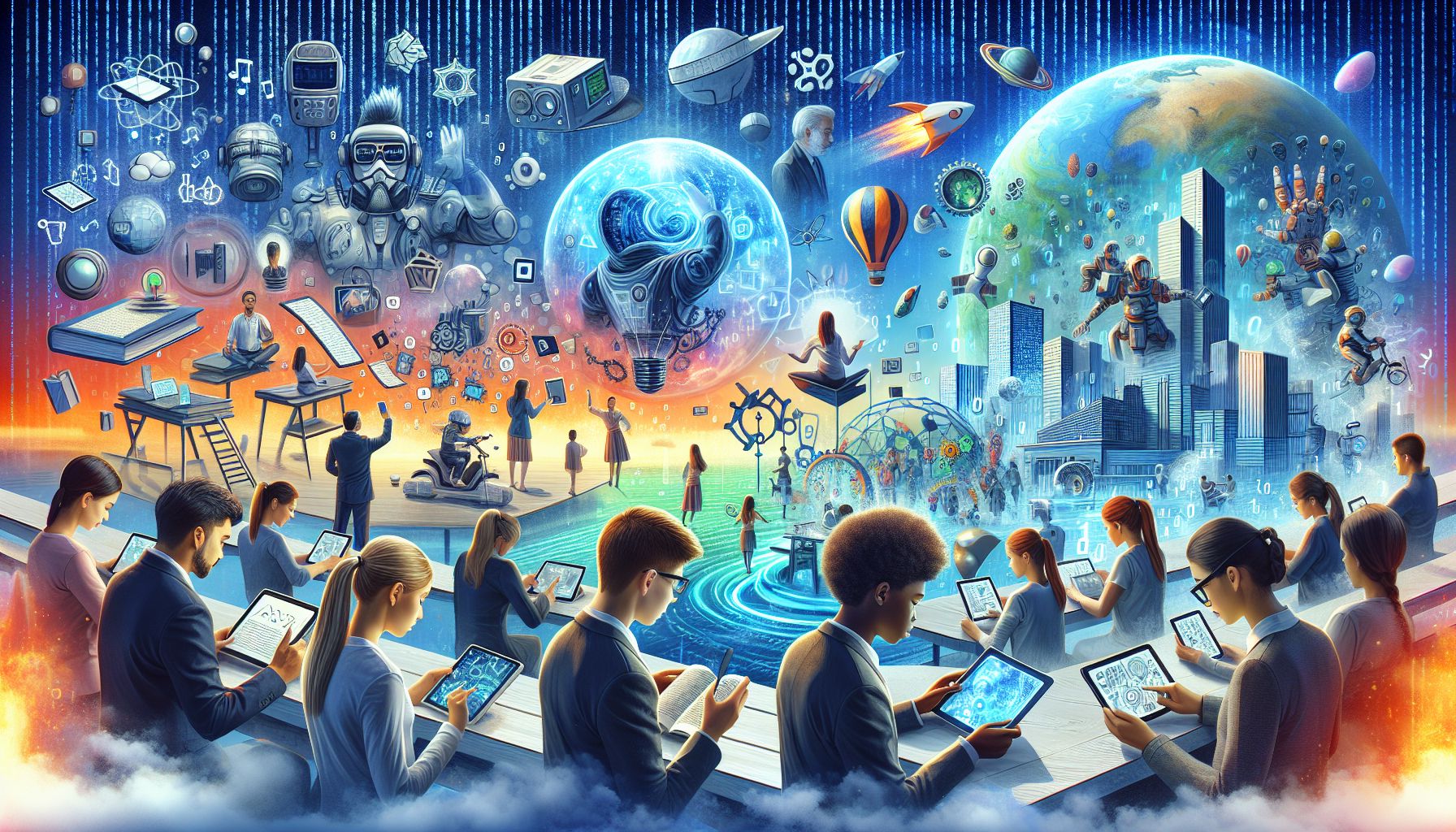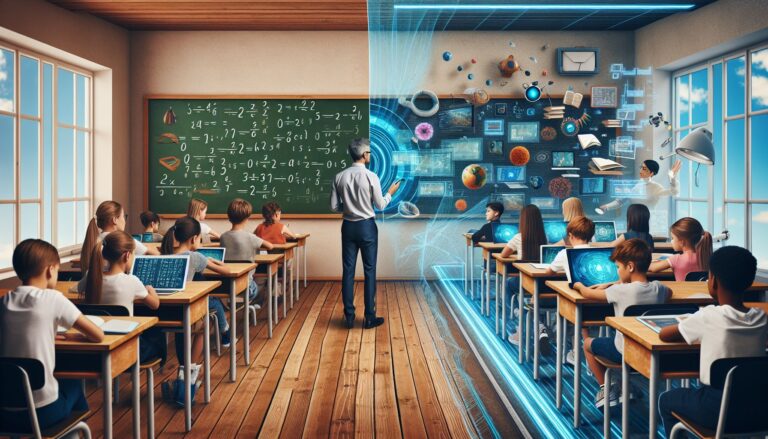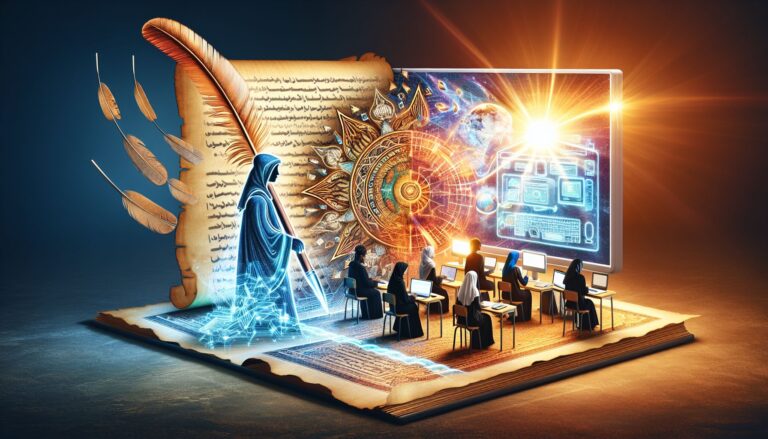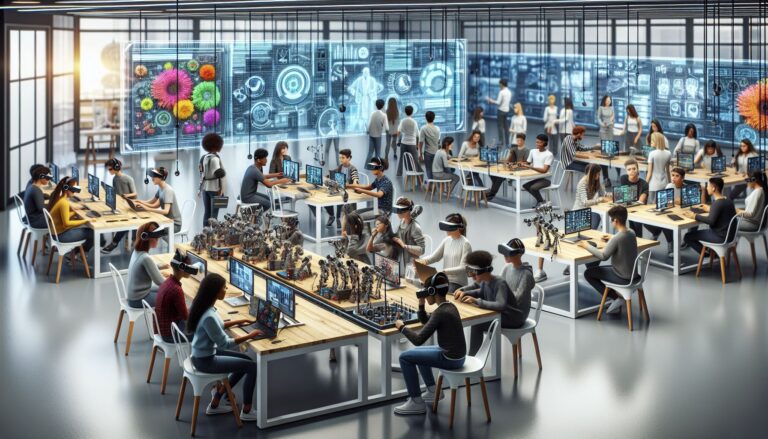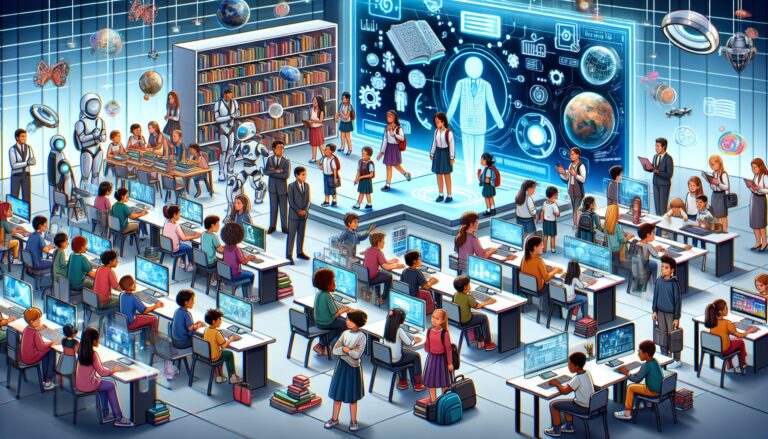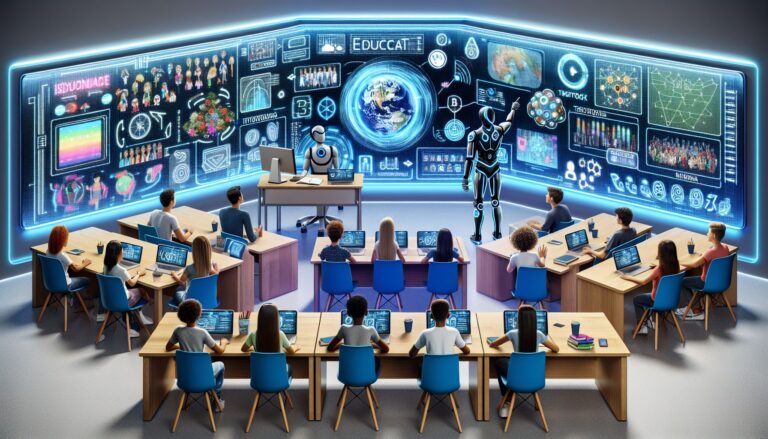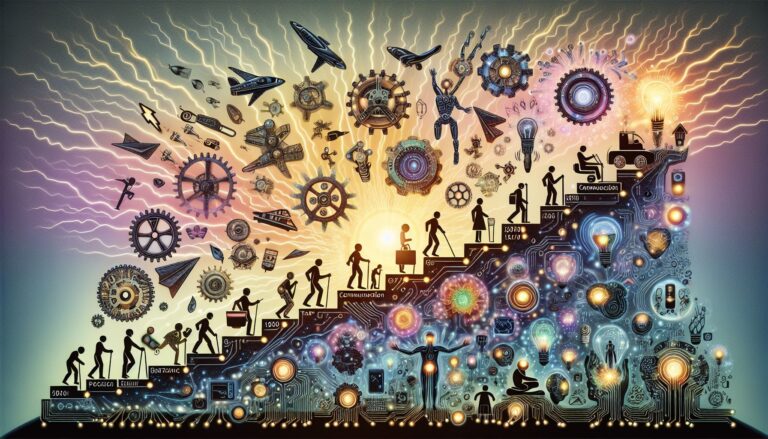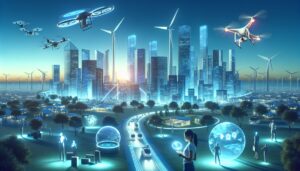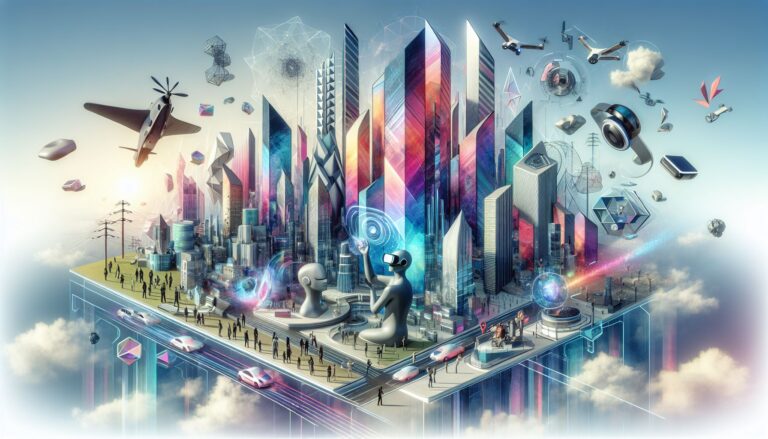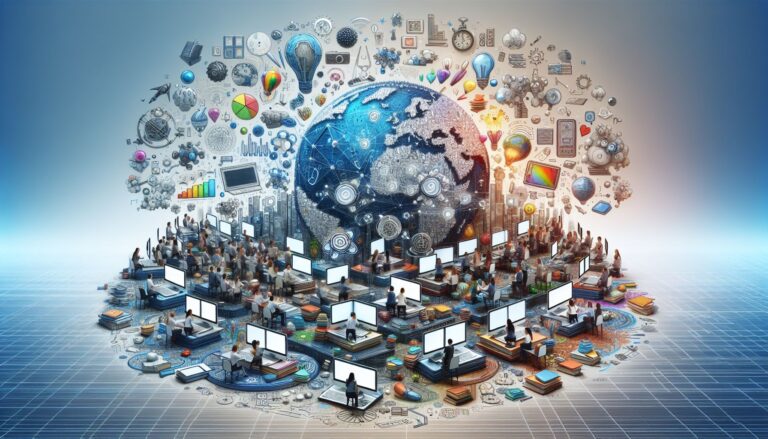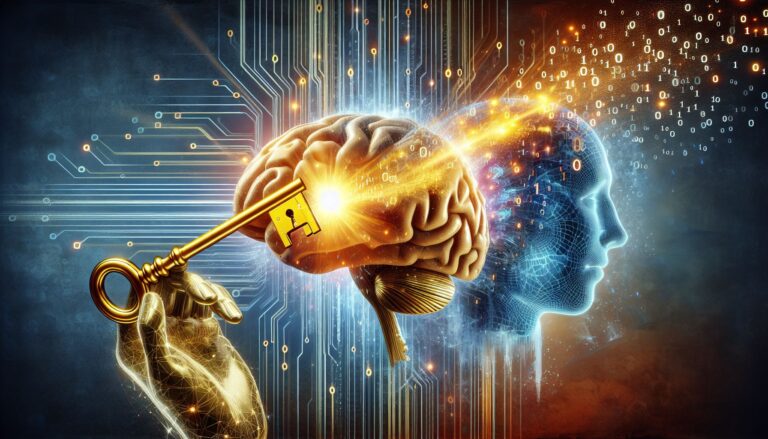In an era where digital transformation is not just a buzzword but a palpable reality, the education sector finds itself at the precipice of monumental change. Technology’s tentacles have extended into every aspect of life, redefining the way we work, communicate, and learn. As such, educational approaches that once stood firm for centuries are now undergoing seismic shifts, influencing not only our current pedagogies but also molding the future contours of learning.
The pioneering spirit of education is now synonymous with innovation and adaptability. New teaching methodologies are permeating the traditional classroom, breaking down walls and time zones, while technology becomes the linchpin of effective learning experiences. Where blackboards and textbooks once held sway, interactive digital platforms and augmented reality experiences are ushering in an age of immersive learning.
Integrating digital tools into education is akin to steering a vessel through the choppy waters of the unknown; educators must navigate a panorama of challenges and opportunities. The growing prevalence of online learning platforms has demolished geographical barriers, giving rise to a more inclusive educational sphere. Yet, this digitized approach brings with it concerns over screen time, data privacy, and the potential widening of the digital divide.
Moreover, the dynamics between teachers and students are evolving. The traditional figure of the authority at the front of the classroom is being replaced by facilitators of knowledge, guiding digital natives through customized learning pathways. Artificial intelligence and machine learning are starting to make personalized education not just a possibility but an expected standard, adapting to the student’s pace and style of learning.
Yet, the integration of technology in education isn’t solely about flashy gadgets and intuitive software—it’s about reshaping the psychological and social fabric of the classroom. Gamification, for example, is turning learning into a more engaging and motivational process, while collaborative tools are fostering a sense of community, even in virtual environments.
The myriad of educational technologies not only supports the learning process but also prepares students for the digitally-driven workforce of the future. Skills such as coding, data analysis, and digital literacy are becoming foundational, rather than supplementary.
On the flip side, however, the digital era raises ethical questions that educators and society at large are just beginning to grapple with. The indiscriminate collection of student data, the role of algorithms in shaping learning outcomes, and the growing dependence on technological solutions all have profound implications for the democratization of education and the nature of learning itself.
Peering into the horizon, the future of education seems boundless and brimming with possibilities. Virtual Reality could take students on historical voyages, quantum computing might solve complex educational challenges, and the Internet of Things could create learning environments that respond to students’ moods and engagement levels.
Yet, with every step forward, there needs to be a contemplative pause to assess the broader impact of these advancements. It’s not just about the “what” and “how” of technology’s role in learning but the “why” and “should we” that will ultimately dictate the value and success of education’s digital transformation.
In summation, as we boldly embrace the era of technology-enhanced learning, keeping a vigilant eye on ethical norms and social equality is crucial. For in this whirlwind of innovation, it is imperative that education remains a universal beacon, shaping not just minds, but the heart and soul of our future society.
